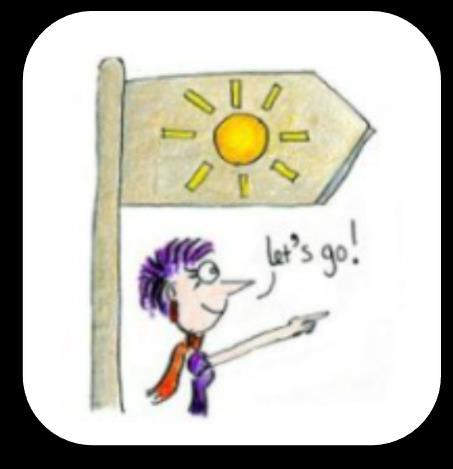
3 minute read
TECHNIQUES AND STRATEGIES
from Four skills Magazine
by Jenny Minera
Why is Writing Important?
Writing is used in many areas of our lives.
Advertisement
• Writing is critical to becoming a good reader.
• Writing is an essential job skill.
• Writing is the primary basis upon which one’s work, learning, and intellect will
Be judged—in college, in the work place and in the community.
• Writing equips us with communication and thinking skills. Why is Writing Important?
Writing is used in many areas of our lives.
• Writing is critical to becoming a good reader.
• Writing is an essential job skill.

• Writing is the primary basis upon which one’s work, learning, and intellect will
Be judged—in college, in the work place and in the community.
• Writing equips us with communication and thinking skills.
• Writing expresses who we are as people.
• Writing makes our thinking and learning visible and permanent.
• Writing fosters our ability to explain and refine our ideas to others and ourselves.
• Writing preserves our ideas and memories.

• Writing allows us to understand our lives.
Techniques to Improve Your Writing Skills
01

Establish your main writing weaknesses. What exactly do you want to improve? For instance, you may want to focus on choosing the right words or writing simpler sentences.
02
Read the work of other writers to understand how they apply writing techniques. If you’d like to write with more simplicity, study Hemingway’s The Old Man and the Sea. Or if you’d like to improve word choice, see how Ray Bradbury uses strong verbs in Zen in the Art of Writing; gather all your favorite examples in a swipe file—a collection of writing examples to learn from.

03

Practice a specific writing technique, and compare your writing to the examples in your swipe file, so you can see how to improve further.
04
Get out of your comfort zone—don’t use the examples to put yourself down; instead, challenge yourself to get better and enjoy the learning experience—nurture a growth mindset.

05

Who are you writing for? Good writers have a pathological interest in their readers and understand their dreams, fears, and secret wishes.
06

Which reader problem will your article help solve? Or which aim will you help achieve? Good content has one clear purpose—to inspire a reader to implement your advice.
07

What’s the roadmap to help your readers solve their problems or achieve their aims? The roadmap is the basis
for a clear and logical article.
08


A powerful headline uses power words or numbers to attract attention in busy social media streams, and it mentions a specific benefit to entice followers to click to read more.
09

A captivating opening promises readers you’ll help solve a problem so they feel encouraged to read on.
10

A valuable main body shows, step by step, how to solve a problem or achieve an aim.
11

An inspirational closing jumpstarts readers into action—you only become a true authority when readers experience the difference your advice makes to them.
12
Use the 4-course meal plan to create a logical flow without distractions, so readers stay on track.

13

Learn how to use vivid language to make abstract ideas concrete so readers easily grasp and remember your message.
14

Learn how to write bite-sized, simple, and meaningful sentences—a good sentence is the basic ingredient of good writing.

15
Compose smooth transitions so readers glide effortlessly from sentence to sentence, and from paragraph to paragraph.










